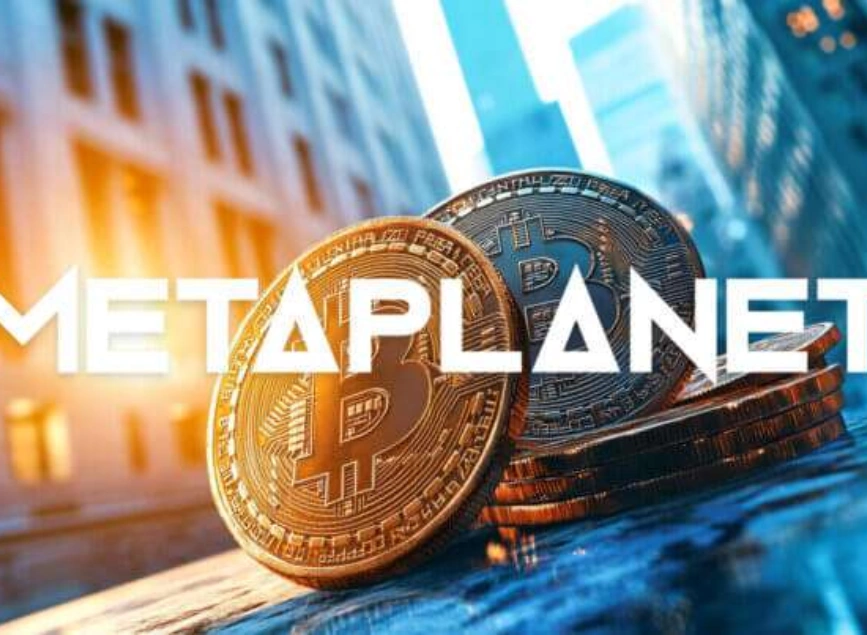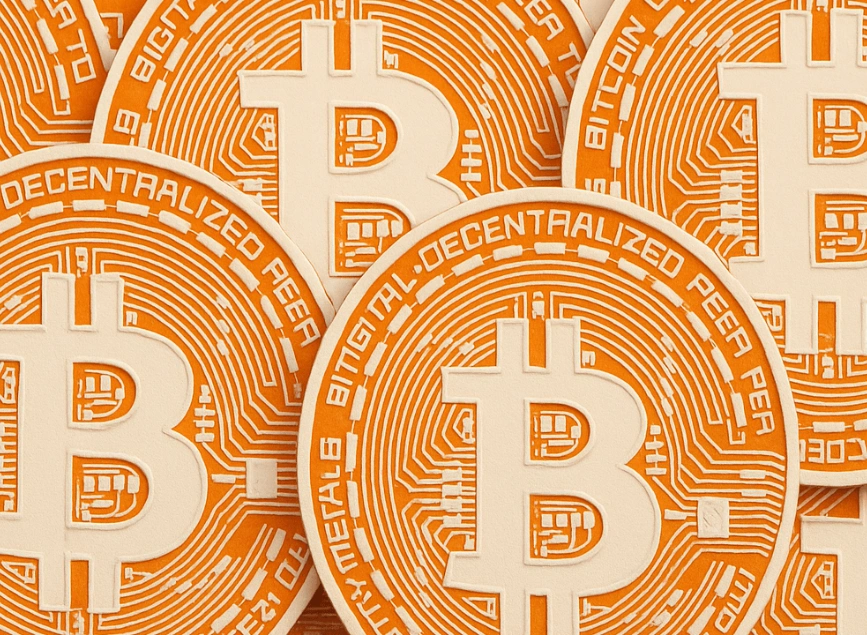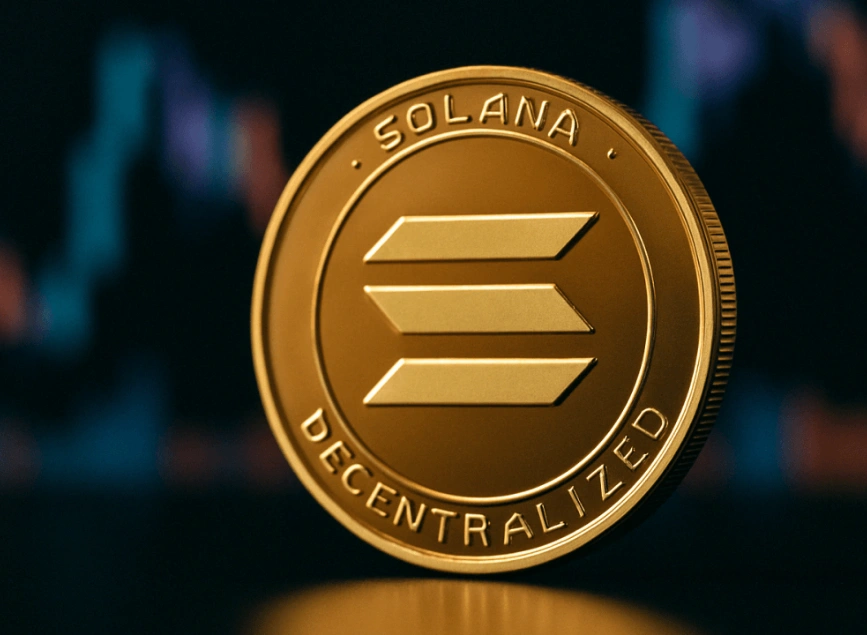
What Is an Initial Coin Offering (ICO)? A Complete Guide
Estimated reading time: 3 minutes
Table of contents
In the ever-evolving world of cryptocurrencies, one fundraising method has stood out for its innovation and accessibility: the Initial Coin Offering (ICO).
Much like an IPO (Initial Public Offering) in traditional finance, ICOs allow blockchain projects to raise capital by offering tokens to early investors. But unlike IPOs, ICOs operate in a decentralized, often unregulated environment, bringing both opportunity and risk.
In this guide, we’ll break down exactly what an ICO is, how it works, its pros and cons, and how to assess whether investing in one is right for you.
What Is an ICO?
An Initial Coin Offering (ICO) is a method used by blockchain startups to raise funds by selling their native tokens. Investors usually contribute popular cryptocurrencies like Bitcoin (BTC) or Ethereum (ETH) in exchange for these tokens.
These tokens can later:
- Be traded on crypto exchanges
- Serve utility within the project (like gas fees or governance)
- Represent a stake in the ecosystem
How Does an ICO Work?
ICOs generally follow a structured process:
| Step | Description |
|---|---|
| 1. Whitepaper | Project releases a document outlining goals, tech, roadmap, and tokenomics. |
| 2. Pre-Sale | Early investors get access to discounted tokens before public launch. |
| 3. Public Sale | Open participation using BTC/ETH for tokens. |
| 4. Token Delivery | Tokens are distributed to investors’ wallets. |
| 5. Exchange Listing | Token may become tradable on crypto exchanges post-ICO. |
Why Do Projects Use ICOs?
ICOs offer a flexible, borderless fundraising model. Here’s why many startups prefer them:
✅ No Middlemen – Raise funds directly from supporters
⚡ Speed & Flexibility – Faster to set up than IPOs
🌐 Global Reach – Anyone can invest from anywhere
Pros & Cons of ICOs
🟢 Advantages
- Access to global investors
- Early supporter incentives
- Boosts visibility and hype before launch
🔴 Challenges
- Lack of regulatory oversight
- Higher risk of scams
- Extreme price volatility after launch
ICO vs Other Fundraising Models
Here’s how ICOs compare to traditional options:
| Method | Feature | Regulation Level | Participants |
|---|---|---|---|
| ICO | Digital token sale | 🔽 Low | 🌐 Anyone, globally |
| IPO | Public stock offering | 🔼 Very High | 🏦 Institutional |
| Crowdfunding | Product pre-sale/rewards | 🔁 Medium | 👥 General public |
How to Evaluate an ICO
Before diving into any ICO, do your homework! Look for:
📘 Whitepaper Clarity – Is the problem and solution clearly defined?
👨💻 Team Credibility – Do the founders have experience in tech, crypto, or business?
💬 Community Presence – Are they active and transparent on Twitter, Discord, or Telegram?
📊 Tokenomics – How are tokens split among team, advisors, and public?
🔐 Smart Contract Audits – Has the code been independently verified?
Legal Status of ICOs Around the World
Crypto regulations vary significantly by country:
| Country | ICO Legal Status |
|---|---|
| 🇺🇸 USA | Often treated as securities; regulated by the SEC |
| 🇨🇭 Switzerland | Friendly but requires registration and compliance |
| 🇸🇬 Singapore | Supportive with clear guidelines |
| 🇨🇳 China | ICOs are banned due to capital control and fraud concerns |
Are ICOs Still a Smart Investment?
ICOs hit their peak between 2017–2018. Since then, scams and failed projects led to the rise of safer alternatives like:
- IEOs (Initial Exchange Offerings)
- IDOs (Initial DEX Offerings)
Yet, successful ICOs such as:
- Ethereum (ETH)
- Filecoin (FIL)
- Polkadot (DOT)
prove that with transparency and execution, ICOs can still deliver massive returns.
Read More: Exploring Alternative Investments: Gold, Crypto & Beyond
Final Thoughts: Should You Invest in an ICO?
ICOs offer early access to innovative projects, but they’re not for the faint of heart. The risks include total loss of capital, scams, or technical failures.
✅ Invest only if you:
- Understand the project and market well
- Are comfortable with high risk
- Can independently verify team and code
🔐 For most investors, it’s smarter to diversify across safer, regulated crypto assets or wait until tokens hit exchanges.
Share
Hot topics

Best broker for gold trading
There’s always been a certain magic about gold. Before online charts and trading applications, people stored their wealth in coins and bars, trusting that gold would retain its value during...
Read more




Submit comment
Your email address will not be published. Required fields are marked *